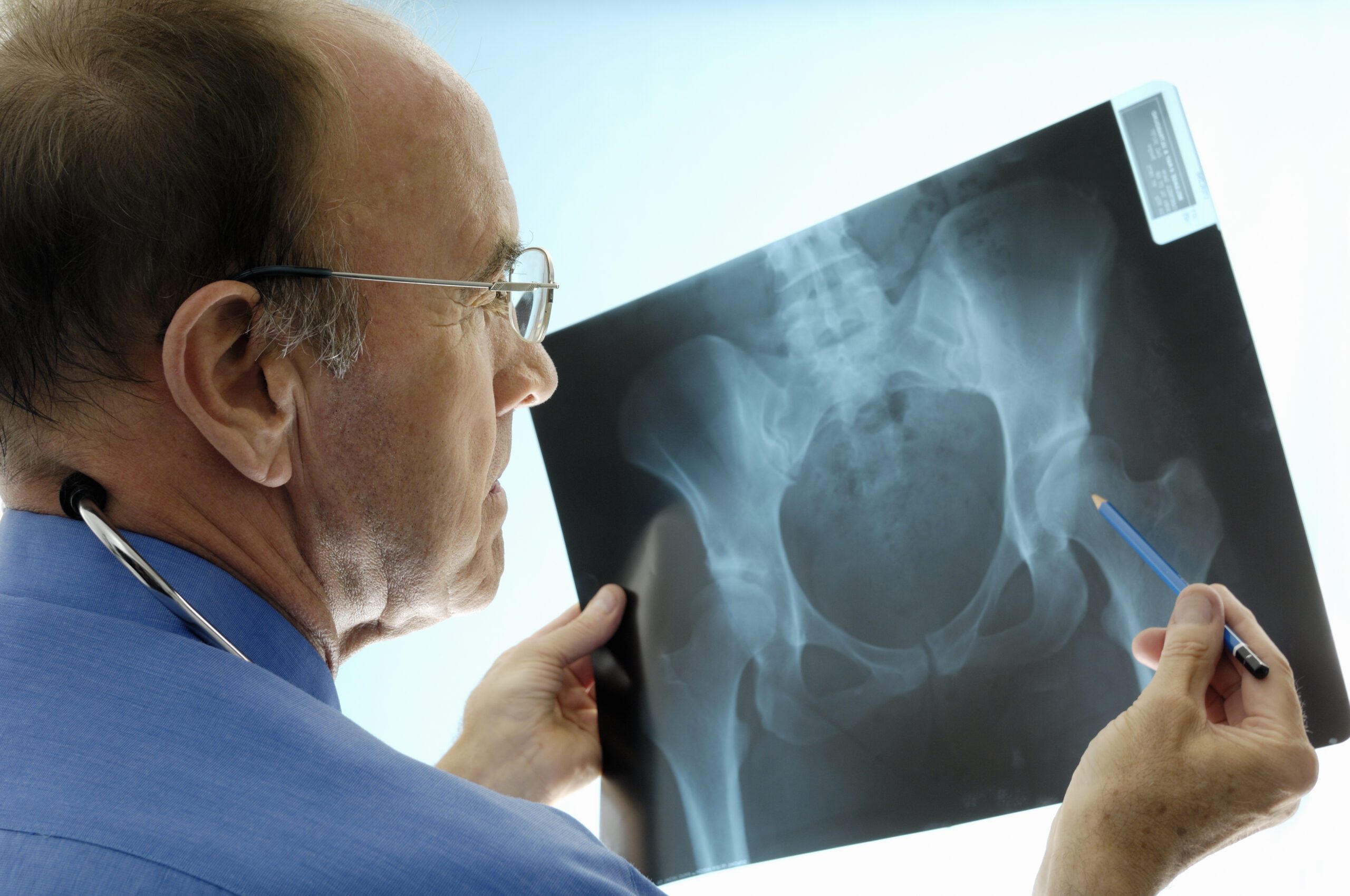
Health News
Features
-
Pop Quiz!
Osteoarthritis Can Be a Real Pain in the Joint It’s common for most people to experience pain from time to time, especially as we get older; but if you’re experiencing pain and stiffness in your joints, like your hands or knees, then you may be experiencing osteoarthritis. It’s the most common type of arthritis, but…
-
Pop Quiz! What Do You Do When Allergies Get Ruff?
Pets bring a lot of joy to our lives, but some people can be allergic to fur-babies. Unfortunately, those allergies keep many from being pet owners and even have some believing they need to get rid of a pet. Luckily, there are numerous ways to live in harmony with a pet if you have non-life-threatening…
-
Crack the Code for Eating Healthy on a Budget
by RYAN MILEJCZAKSponsored by Central Florida Health Care Proper nutrition is essential all year long, but in March, we observe National Nutrition Month and give it special focus. Healthy eating is an important topic, and most people want to eat healthy. In fact, according to one study, 93% of people surveyed said they want to…
Columns
-
Antiplatelet and Anticoagulation Therapy
With the increase in longevity and improvement in the treatment of cardiovascular diseases, a sizable proportion of Americans are on either an antiplatelet agent or full anticoagulation. These are commonly known as blood thinners. In the next two columns, I’ll talk about the most commonly used blood thinners. Common indications for requiring antiplatelet agents are…
-
Celebrating Glaucoma Awareness Month
January is Glaucoma Awareness Month. What is Glaucoma? Glaucoma is a disease where the optic nerve in the eye becomes damaged over time. Each eye has an optic nerve. This nerve acts like a cable sending information about what you see to the brain. This is just like a cable to your television. Without treatment,…
-
Smoking Hurts More Than Your Lungs
I cannot really believe that the holidays are upon us already. This year has been like no other with its usual mix of pain and pleasure. I would like to take this opportunity to emphasize the role of lifestyle in the management of vascular disease that can lend a sense of control in its otherwise…




